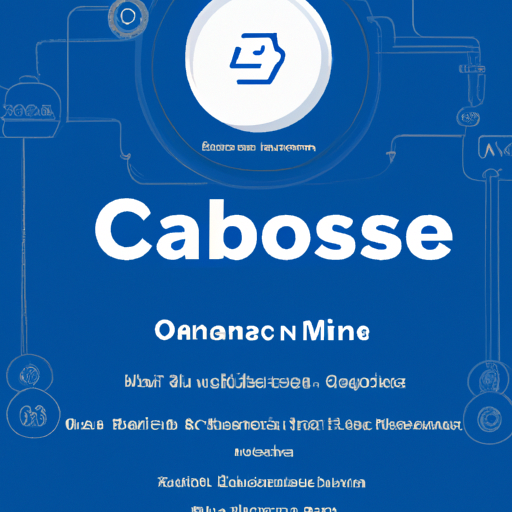The CEO of Coinbase Envisions a Decentralized LinkedIn on Web3
Key Points:
– Brian Armstrong, the CEO of Coinbase, recently expressed his vision for the future of the web3 and crypto space.
– Armstrong hinted at the possibility of developing a decentralized version of LinkedIn using blockchain technology.
– He believes that companies could leverage the potential of soul-bound non-fungible tokens (NFTs) to offer unique and verifiable professional credentials.
– This decentralized LinkedIn could enable individuals to have full ownership and control over their professional identity and data.
– Armstrong also emphasized the need for greater interoperability and collaboration among different projects and protocols in the web3 ecosystem.
The Vision for a Decentralized LinkedIn:
In a recent discussion on Twitter, Brian Armstrong, the CEO of Coinbase, shared his thoughts on the future of the web3 and crypto space. One particular idea that caught the attention of many was his suggestion to build a decentralized version of LinkedIn.
Armstrong believes that blockchain technology opens up new possibilities for creating a more user-centric and transparent professional networking platform. By utilizing the unique features of soul-bound non-fungible tokens (NFTs), companies could offer individuals verifiable and tamper-proof professional credentials. These NFTs could serve as digital representations of achievements, certifications, work experience, and other relevant information.
With a decentralized LinkedIn built on web3 principles, individuals would have complete ownership and control over their professional identity. They would no longer be at the mercy of a centralized authority that could potentially censor or manipulate their data. Instead, they could store their credentials securely on the blockchain, ensuring privacy and transparency.
The concept of a decentralized LinkedIn aligns with the broader vision of the web3 movement, which aims to decentralize various aspects of our digital lives, including social media, finance, and even governance. By leveraging blockchain technology, these decentralized platforms can eliminate the need for intermediaries and give users direct control over their data and interactions.
Interoperability and Collaboration in the Web3 Ecosystem:
During the conversation, Armstrong also emphasized the importance of interoperability and collaboration among different projects and protocols in the web3 ecosystem. He highlighted the need for seamless integration between various decentralized applications (dApps) and platforms to unlock the full potential of web3.
By fostering collaboration and standardization, the web3 space can overcome fragmentation and create a more unified and user-friendly experience. This would enable developers to build on top of existing infrastructure and create innovative solutions that benefit the entire community. Armstrong believes that this collaborative approach will be essential for driving the widespread adoption of web3 technologies.
Closing Thoughts: The Power of Web3 and Decentralization:
Brian Armstrong’s vision for a decentralized LinkedIn on the web3 is an exciting concept that aligns with the core principles of blockchain technology. By leveraging NFTs, individuals can regain control over their professional identity and data, while companies can offer unique and verifiable credentials.
As the web3 ecosystem continues to evolve, it is crucial to prioritize interoperability and collaboration to overcome the challenges of fragmentation. By working together, developers and communities can unlock the full potential of web3 and create a more inclusive and user-centric digital landscape.
The concept of a decentralized LinkedIn is just one example of how blockchain technology can revolutionize traditional industries and empower individuals. It reflects the broader shift towards decentralization and the growing recognition of the importance of user ownership and control over personal data.
In conclusion, the vision shared by Brian Armstrong not only highlights the potential of web3 but also underscores the need for continued innovation and collaboration in the crypto space. The future of decentralized platforms holds immense promise, and it will be fascinating to witness the transformative impact they will have on industries and individuals alike.
